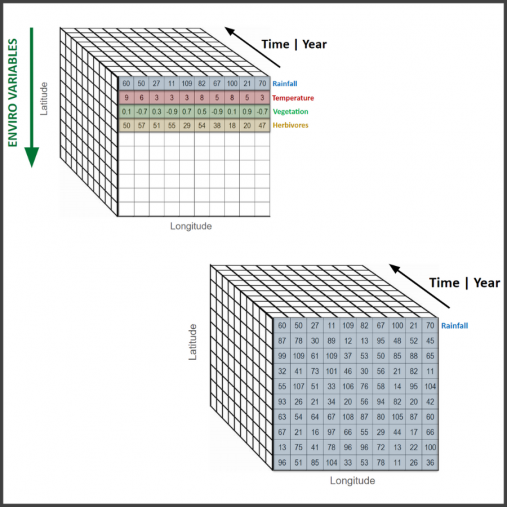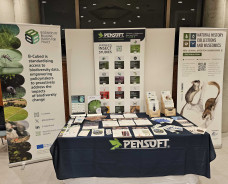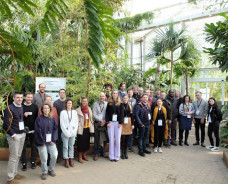This October, B-Cubed, in collaboration with the National Institute for Theoretical and Computational Sciences (NITheCS), hosted a free online Mini-school on biodiversity data cubes. The four-lecture series offered participants hands-on training in biodiversity monitoring and ecological modelling techniques while promoting open science and collaboration. The full versions of the recorded lectures are accessible via this link.
Presented under the NITheCS Research Programme Advancing Biodiversity Informatics and Ecological Modelling Research, the Mini-School equipped researchers, students, and practitioners with practical skills for building, analysing, and sharing data cubes—innovative tools that integrate taxonomic, spatial, and temporal dimensions to enhance biodiversity monitoring.
The sessions were led by Sandra MacFadyen (Stellenbosch University) and Maarten Trekels (Meise Botanic Garden), who brought their expertise in ecosystem dynamics, biodiversity data standards, and ecological modelling to the virtual classroom. Their lectures, aligned with global Sustainable Development Goals (SDGs) and aimed to empower participants with innovative approaches to biodiversity informatics and policy-relevant insights.



